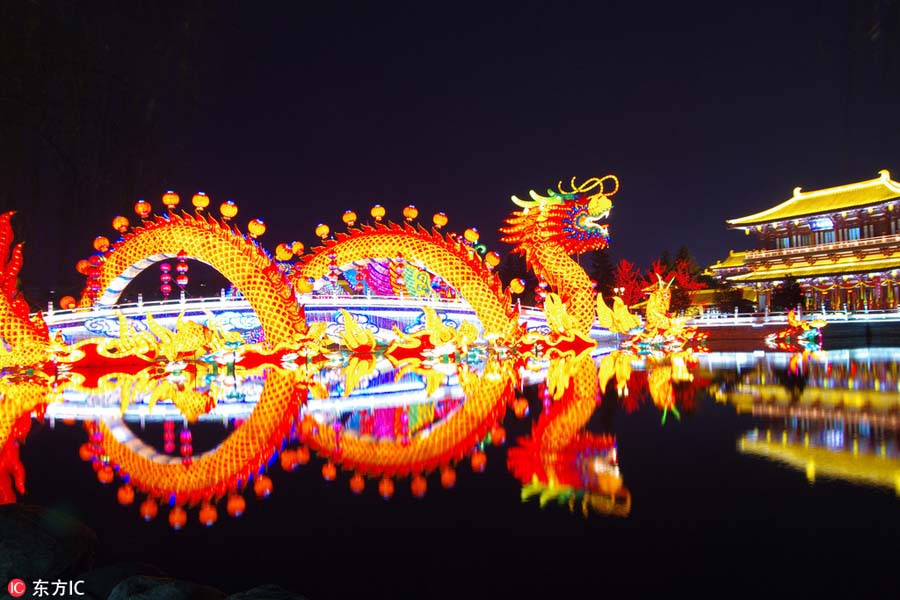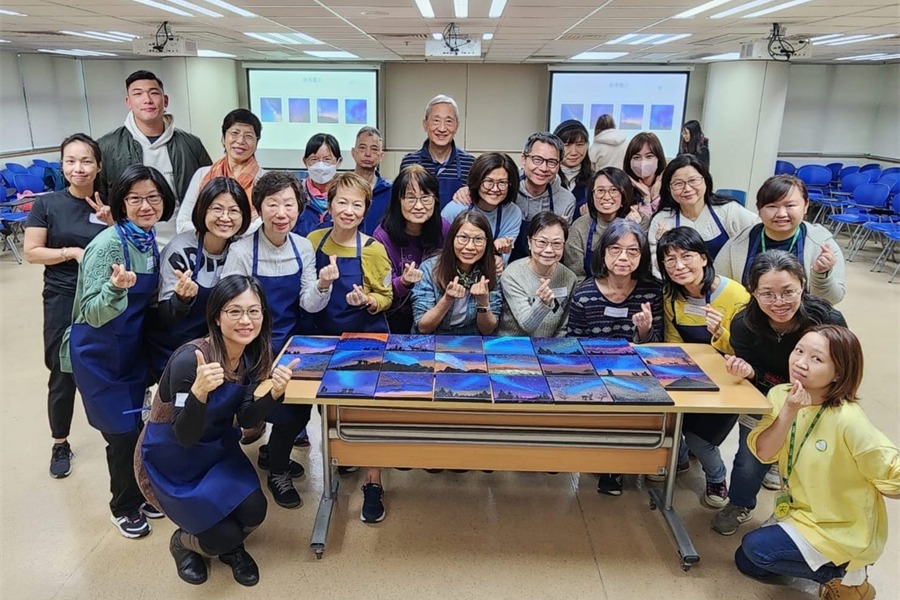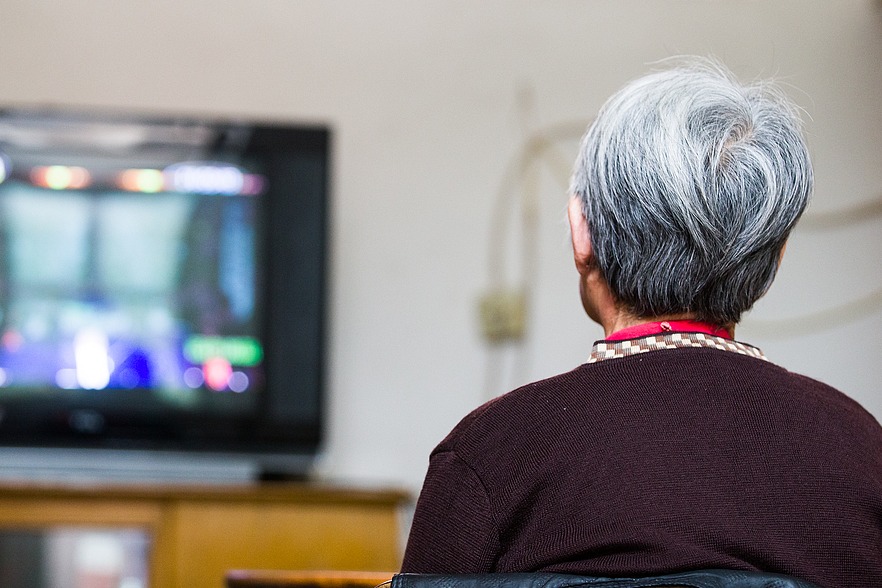UNESCO inscribes Spring Festival on intangible cultural heritage list
Xinhua | Updated: 2024-12-04 22:18
ASUNCION -- The United Nations Educational, Scientific and Cultural Organization (UNESCO) on Wednesday inscribed Spring Festival, social practices of the Chinese people in celebration of the traditional new year, on the Representative List of the Intangible Cultural Heritage of Humanity.
The decision was made during the 19th session of the Intergovernmental Committee for the Safeguarding of the Intangible Cultural Heritage, taking place in Paraguay from Dec 2 to 7. The committee recognized the festival for its wide array of rituals and unique cultural elements that engage all of Chinese society.
UNESCO highlighted that the Spring Festival, marking the start of the traditional Chinese Lunar New Year, involves various social practices, including prayers for good fortune and family reunions. It also features activities planned by elders and festive public events organized by communities.
According to UNESCO's documentation, the traditional knowledge and customs associated with the Spring Festival are passed down informally within families and communities, as well as formally through the education system. Craftsmanship and artistic skills related to the festival are transmitted through apprenticeships, promoting family values, social cohesion, and peace, while providing a sense of cultural identity.

The committee also emphasized that the festival embodies the harmony between humans and nature and contributes to sustainable development in areas such as food security and education. It also plays a key role in raising environmental awareness.
China's vice minister of Culture and Tourism, Rao Quan, who led the Chinese delegation at the UNESCO session, expressed gratitude for the recognition. He stressed that the Spring Festival is China's most important traditional holiday, symbolizing the Chinese people's hopes for a better life, strong ties to family and country, and the values of harmony between humans and nature.
Rao further explained that the festival, passed down through generations, has provided lasting spiritual strength to the Chinese people. It has played a significant role in promoting family and social harmony, driving economic development, protecting the environment, and fostering global cultural exchange.
He added that the inclusion of the Spring Festival on the UNESCO list will help promote universal values of peace and harmony and highlight the important role of intangible cultural heritage in sustainable development.
With this addition, China now has 44 cultural elements or practices recognized by UNESCO as Intangible Cultural Heritage of Humanity.
























